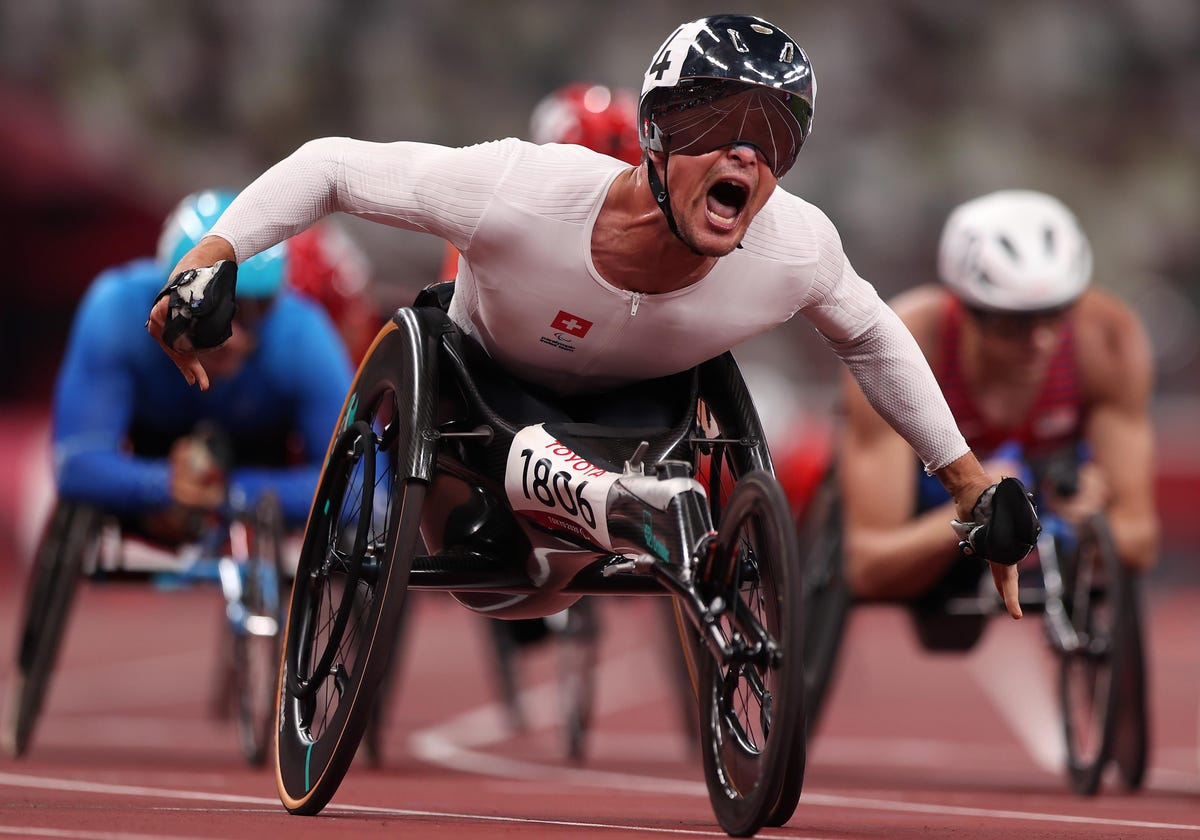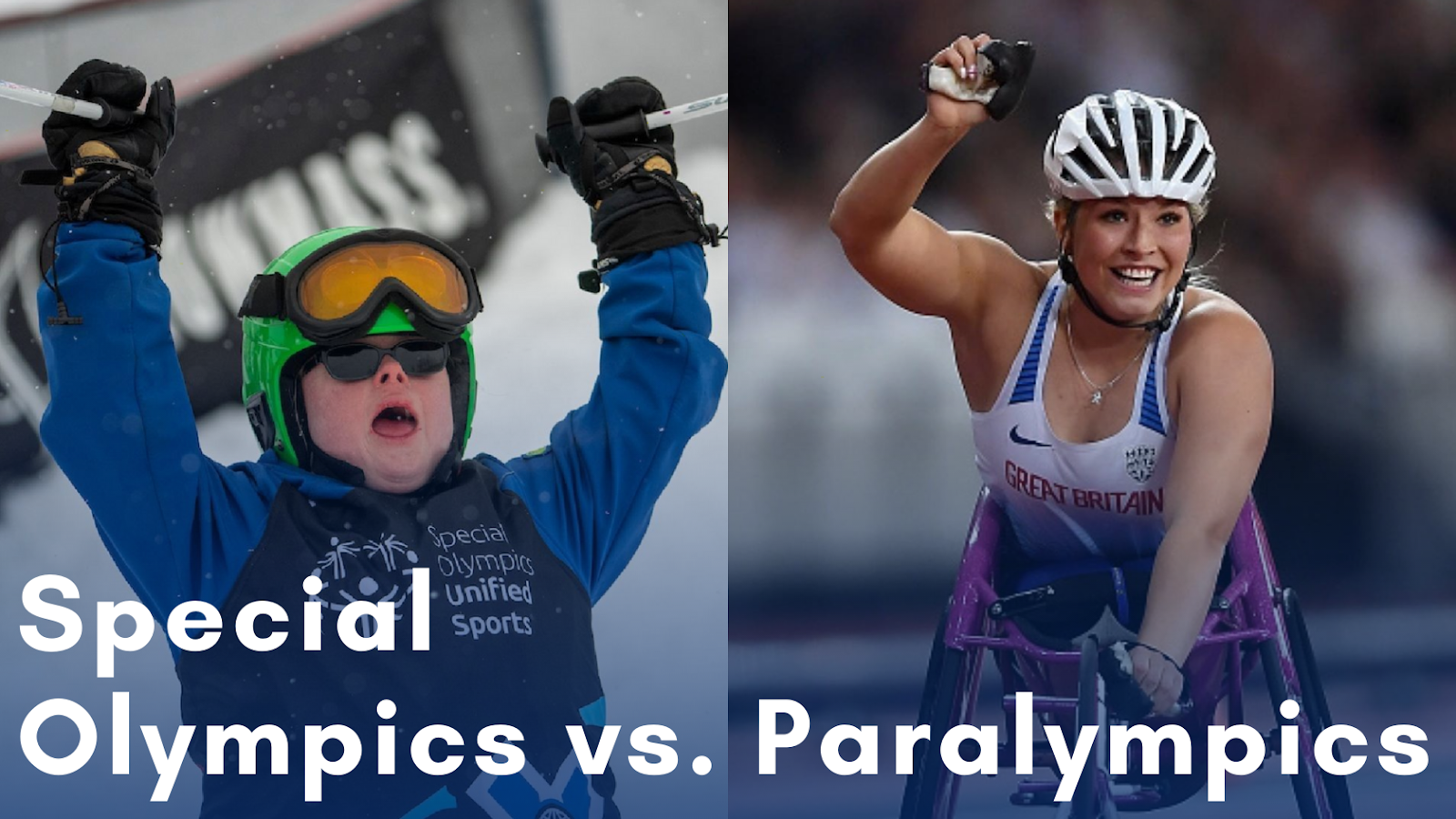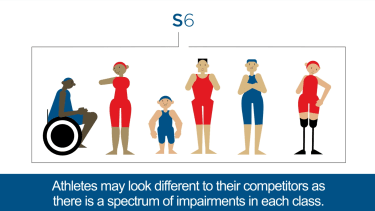Meaning Behind Paralympics
"Paralympics"
When reflecting on the word "Paralympics" there are a few things that come to my mind. Before reviewing this week's content I originally thought that the "para" in Paralympics stood for paralyzed in some sort of way. In other words, unlike the Olympics these participants had some sort of disability. After reviewing this week's content, I now understand that "para" means parallel to the Olympics. Meaning that these two movements exist side by side, which brings great inclusion to disabled people.
"The Parallel Games"
The concept and history of these parallel games were very interesting to me. The background was more complex and had a lot of meaning to it than I had originally thought. I discovered that spinal injuries sustained during the Second World War and advances in medical care that led to significantly greater survival rates and longer life expectancies were the direct causes of the Paralympic Games. Everything began when Dr. Ludwig Guttman had a vision for creative treatment that included spinal cord injury patients' motivation in addition to medical therapy. This approach of his was the introduction of sport into the rehabilitation regime. He purposefully scheduled the games to coincide with the dates of the London Summer Olympic Games at the time, which is how the word "para" began to be used. Even though it was not until 1964 in Tokyo that they used the word "Paralympics" instead of the Stoke-Mandeville Games. I found this so interesting that it began with those in the World War that had injuries that results in lifelong disabilities. I felt it was such a brilliant idea to give those people a sense of purpose once more. Being in the military may be really traumatic, particularly if the individual was injured. This was definitely something to lift their spirits and make light of a less than ideal situation.
Paralympic Games Now
The way these Parallel Games have changed over the years also caught my attention. Originally only available to athletes in wheelchairs, the athlete categorization system is now open to anyone with up to ten different categories of impairments. Only 400 athletes competed in the inaugural games, which were held in Tokyo. Even if that is still incredible, at the Paralympics in Rio 2016, there were 4,350 athletes competing and more than three times as many nations. It amazes me how the world is embracing disabled individuals and allowing them to shine as brightly as everyone else. These Parallel Games, in my opinion, will develop and gain even more popularity over time.





Comments
Post a Comment